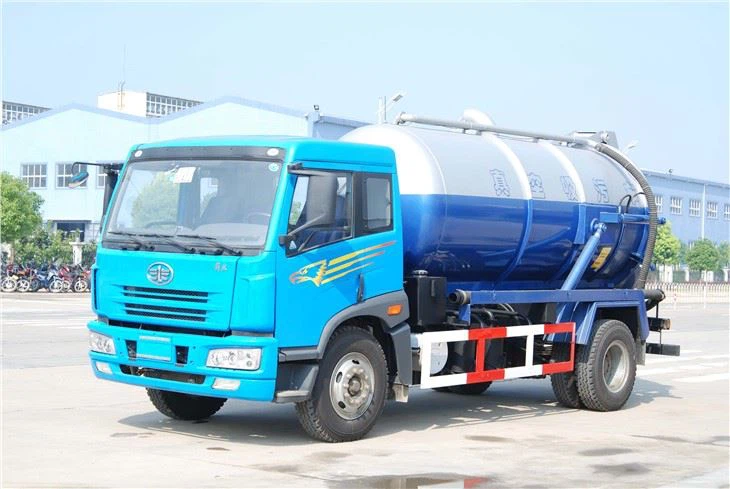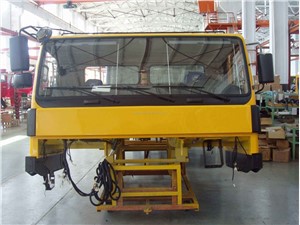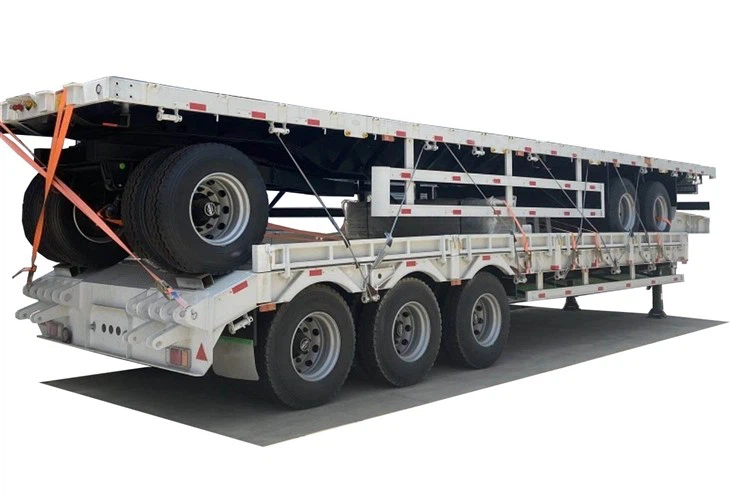Understanding the Capacity of a 10 Wheeler Dump Truck

Dump trucks play a pivotal role in the construction, mining, and waste management industries. Among the various types of dump trucks, the 10 wheeler dump truck stands out due to its capacity, versatility, and efficiency. In this article, we’ll explore everything you need to know about the capacity of a 10 wheeler dump truck, including its specifications, uses, benefits, and maintenance tips.
What is a 10 Wheeler Dump Truck?
A 10 wheeler dump truck is a heavy-duty vehicle designed for transporting loose material like sand, gravel, dirt, and debris. It has ten wheels, which include two steering wheels at the front and four wheels on each axle at the rear. This configuration allows for better weight distribution, improved stability, and enhanced maneuverability, especially on rough terrains.
Specifications of a 10 Wheeler Dump Truck
Weight and Size
The weight of a 10 wheeler dump truck can vary significantly, typically ranging from 25,000 to 35,000 pounds (11,340 to 15,875 kg) depending on the model. The standard size is about 24-26 feet in length, while its width and height can also vary based on the manufacturer and design.
Engine and Power

These dump trucks generally feature powerful diesel engines that range from 250 to 400 horsepower. The high power output is essential for hauling heavy loads, enabling the truck to navigate challenging terrains and steep inclines.
Dump Bed Capacity
The dump bed capacity of a 10 wheeler dump truck is one of its most important features. Typically, the capacity ranges from 10 to 16 cubic yards, depending on the design and purpose of the truck. This capacity can translate to varying weights of material, usually between 12,000 to 16,000 pounds (5,443 to 7,257 kg), depending on the density of the material being transported.
Calculating Load Capacity

Load capacity is crucial for ensuring safety and efficiency in operations. To calculate the load capacity of a 10 wheeler dump truck, you should consider the following factors:
- Gross Vehicle Weight Rating (GVWR)
- Curbs Weight (weight of the truck without cargo)
- Payload Capacity (difference between GVWR and Curb Weight)
Example Calculation
Assuming a 10 wheeler dump truck has a GVWR of 50,000 pounds and a curb weight of 30,000 pounds, the pay load capacity would be:
| Parameter | Weight (lbs) |
|---|---|
| GVWR | 50,000 |
| Curb Weight | 30,000 |
| Payload Capacity | 20,000 |
Uses of a 10 Wheeler Dump Truck
10 wheeler dump trucks are versatile and commonly used in various sectors:
Construction
These trucks are ideal for transporting construction materials such as gravel, sand, asphalt, and concrete. Their capacity makes them suitable for carrying large loads to construction sites.
Mining
In the mining industry, 10 wheeler dump trucks are employed to haul mined materials such as coal, ore, and other minerals. Their robust construction and power allow them to handle harsh conditions found in mining sites.
Landscaping
Landscapers often use 10 wheeler dump trucks to transport soil, mulch, and decorative stones. Their large dump beds enable efficient movement of large quantities of materials.
Waste Disposal
10 wheeler dump trucks are also utilized by waste management companies for transporting construction debris and other solid waste to disposal sites, contributing to environmental management efforts.
Benefits of Using a 10 Wheeler Dump Truck
High Capacity
One of the primary advantages of using a 10 wheeler dump truck is its high capacity. It allows for the transportation of more material in a single trip, reducing the number of trips needed and increasing efficiency.
Stability and Safety
The design of 10 wheeler trucks, with their additional wheels, provides better stability, making them safer to operate, especially when loaded on uneven terrains.
Versatility
Whether it’s construction, mining, or landscaping, their versatility allows them to adapt to various roles, making them a valuable asset in numerous industries.
Maintenance Tips for 10 Wheeler Dump Trucks
Regular maintenance is vital for ensuring the longevity and reliability of a 10 wheeler dump truck. Here are some essential maintenance tips:
Regular Inspections
Conducting regular inspections helps identify any potential issues before they escalate. Check the engine, brakes, tires, and dump bed mechanisms for any signs of wear or damage.
Fluid Levels
Regularly check engine oil, transmission fluid, brake fluid, and coolant levels to ensure smooth operation. Lack of adequate fluids can lead to severe engine problems.
Tire Maintenance
Worn tires can compromise safety. Regularly inspect tires for wear and tear and maintain appropriate tire pressure.
Cleaning and Lubrication
Keep the truck clean to prevent rust and other damage. Lubricate moving parts regularly to ensure they operate smoothly.
Cost Considerations for Owning a 10 Wheeler Dump Truck
Initial Purchase Price
The cost of a new 10 wheeler dump truck can range from $80,000 to $150,000, depending on the make, model, and specifications. Used trucks may be less expensive but come with their own risks.
Operating Costs
Operating costs include fuel, maintenance, insurance, and driver wages. Fuel efficiency can vary by model, affecting overall operating expenses.
Financing Options
There are various financing options available, including loans and leasing, which can ease the burden of the initial investment.
Regulations and Legal Requirements
Operating a 10 wheeler dump truck involves adhering to various regulations and legal requirements:
Licensing and Permits

Drivers typically need a Commercial Driver’s License (CDL) to operate heavy trucks. Additionally, permits may be required for operating in certain areas or hauling specific materials.
Weight Regulations
Each state has weight limits for trucks, and it is essential to adhere to these regulations to avoid fines and ensure safety on the roads.
Environmental Regulations
Dump truck operators must comply with emissions standards and properly manage waste materials to minimize environmental impact.
FAQs about the Capacity of 10 Wheeler Dump Trucks
1. What is the average capacity of a 10 wheeler dump truck?
The average capacity of a 10 wheeler dump truck ranges from 10 to 16 cubic yards, which can hold approximately 12,000 to 16,000 pounds of material depending on its density.
2. How does the weight of the material affect the number of trips required?
The weight of the material significantly affects how many trips are needed. For lighter materials, the truck can carry more, reducing the number of trips. For heavier materials, fewer tons per load will mean more trips.
3. Can a 10 wheeler dump truck be used for transporting liquids?
No, a 10 wheeler dump truck is designed for bulk materials and is not ideal for transporting liquids. For liquids, specialized tank trucks are recommended.
4. What types of materials can a 10 wheeler dump truck transport?
A 10 wheeler dump truck can transport various materials, including sand, gravel, dirt, asphalt, construction debris, and mulch.
5. How often should I perform maintenance on my truck?
It is recommended to perform routine maintenance checks every 5,000 miles or monthly, whichever comes first, to keep the truck in optimal condition.
6. What is the lifespan of a 10 wheeler dump truck?
The average lifespan of a well-maintained 10 wheeler dump truck is around 15 to 20 years, but this can vary based on usage and maintenance.
